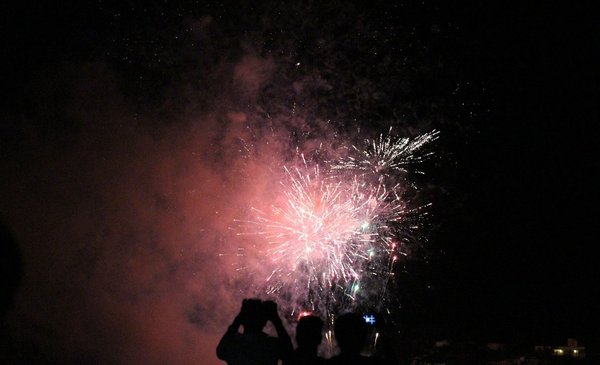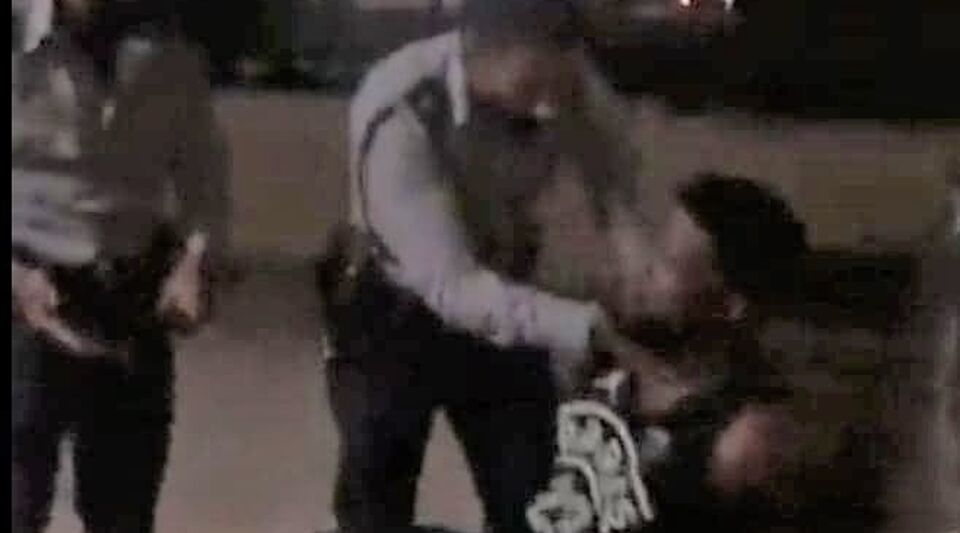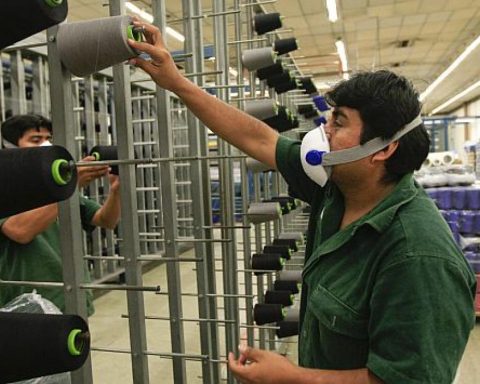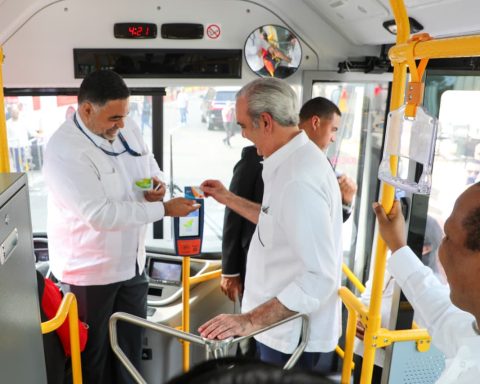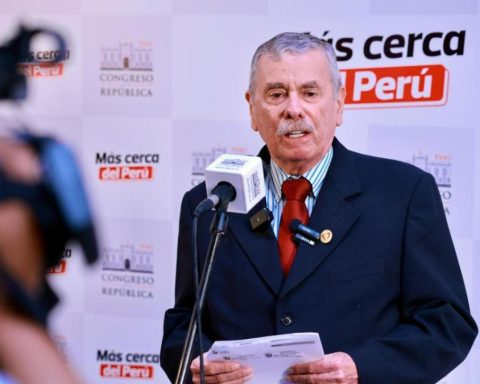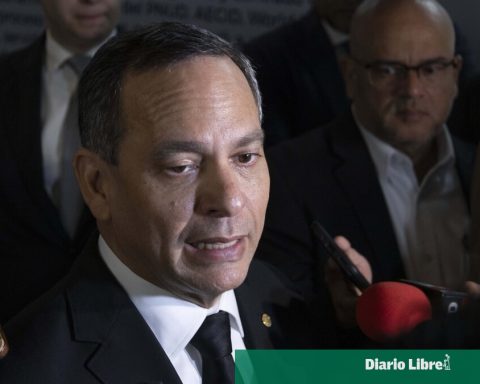Canelones will join the departments that prohibit the sale of roaring fireworks and will join the discussion that is also taking place at the national level in Parliament. The debate over the commercialization of these products includes a disposition of the Army and the look of the merchants, who rely on an expert to maintain that the departmental regulations go against the Constitution.
On Canelones the departmental board took the first step to prohibit the sale and use of fireworks “in all public spaces”. The text was approved in committee and will be unanimous in plenary. Canelones will thus become the tenth department to attack the roaring fireworks, with the difference that, at the suggestion of Firefighters, it will also remove the products from the public highway.
As he knew The Observer, the provision will not have any impact on the next festivities, since the permits are already granted. Paysandú, Río Negro, Lavalleja, Durazno, Colonia, Flores, Salto, Artigas and Rocha have already regulated in the same sense in this last period.
In parallel, the Health Commission integrated with the Defense of Deputies is preparing to unify next week two bills – one by the white Gastón Cossia and the other by the lobbyist Silvana Pérez – presented this period. “One spoke of prohibition, but in order to move forward we understood it necessary to seek the regulation of noise devices”, said to The Observer the nationalist deputy Gabriel Gianoli, who is a member of the commission.
The fact that the issue is being dealt with at both the departmental and national levels triggered questions from the mayor of Canelones, Yamandú Orsi, who said that the regulation “It has to be a national provision”. The hierarch declared to Canelones Ciudad Portal: “We can prohibit the sale, but who can prohibit us from going to buy it elsewhere.” Orsi also called to be “realistic” and launched: “Go to control a 24 (December)”.
The dilemma between text and reality permeates the rest of the cases. The Municipality of Paysandú –where the Board prohibited in July the use and commercialization of sound and roaring fireworks– will return to the Sanducero legislature a “more refined regulation to approve by decree,” said communal chief Nicolás Olivera to The Observer. “A decree that prohibits sound pyrotechnics is difficult to apply. As all human activity generates a sound, it is brave to put a limit on it”, he claimed.
“We have not yet received authorization requests for the sale, but we are going to ask that high-impact ones, such as bombs and cakes, not be put up for sale, in a precautionary manner, awaiting regulation,” said the mayor. The Artiguense Pablo Caram, on the other hand, had no doubts: “It is applicable and that is why we voted for it,” he told The Observer. The hierarch announced that “an 0800 will be set up” for complaints and that they have already asked the merchants to “bring only lights without explosives.”.
“We are going to do it with notification to the businesses, but controlling what each one does in their homes is impossible. Yes, you have to go to the exit points,” said Alejo Umpiérrez, mayor of Rocha, from Rocha, although he assured that “if the sale of sound pyrotechnics is found,” it will be confiscated and punished. ”
Orders
The Army Material and Armament Service (SMA) issued an order in August to classify the fireworks to be marketed from February 2022, according to the text you accessed The Observer. With a system similar to that applied with food labeling, the pyrotechnics will carry a hexagon according to the number of decibels the roar reaches.
Ines Guimaraens
Fireworks must be labeled according to loudness from 2022
Those that do not exceed 80 decibels – equivalent to a bell – will carry a green label with the distinction of “low noise”; in yellow and in “intermediate” there will be those between 81 and 110 decibels; and in red and with the inscription “loud noise” will be those that exceed that mark, which exceeds the sound of a honk. Those levels will be measured and printed by the SMA when the fires land in the country.
The Departmental Board of Montevideo plans to approve in a special commission a project to regulate fireworks, between this week and next. The Municipality of Montevideo (IM) agreed to make returns to the board, said the Frente Amplio mayor Claudio Visillac. If approved, the initiative seeks to incorporate into the regulations the criteria established by the Army. “We do not want something very perfect or theoretical to remain and that later it cannot be enforced,” said the mayor.
Montevideo approved 45 stalls in the department for the festivities, and another 34 are in process, according to the data you accessed The Observer. That figure is on the decline since the last five years, although it marks a slight increase compared to 2020 (66).
Legal
Commissioned by Gustavo Prato, owner of the Mundo Pirotécnico company, the Constitutional lawyer Martín Risso prepared a report in which he concluded that the departmental provisions on the table today “are unconstitutional and, in turn, if the prohibition were established by national law, it would continue to be unconstitutional because it lacks a basis for reasons of general interest.” The argumentation, to which he agreed The Observer, was distributed among the legislators of the commission of Deputies.
“Only the law is empowered to prohibit an activity that is considered lawful and the departmental provisions under study unequivocally violate the principle of legality”, Risso wrote, adding that the new rules “compromise” the freedom of business enshrined in the Constitution.
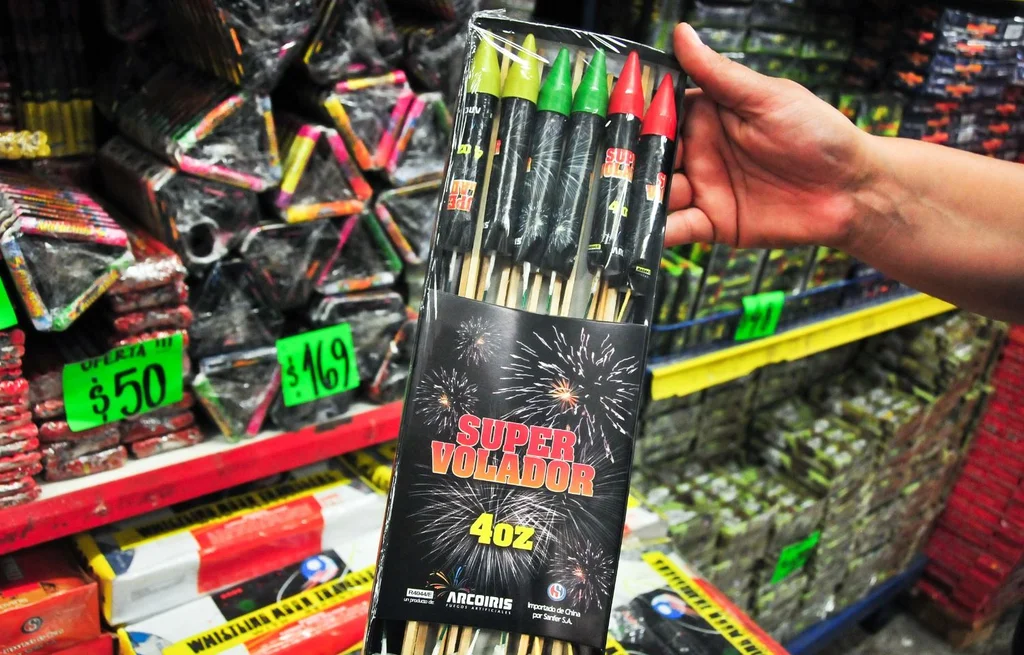
Ines Guimaraens
Martín Risso considered that the freedom of business is “compromised”
The expert recalled that the law enables municipalities to “establish noise pollution zones, grant permits, apply sanctions”, but “in no way” to “prohibit the manufacture, sale, display or use of pyrotechnic material, and less in all the departmental territory “. Risso pointed out that departmental governments “cannot establish criteria for certain products and not for others,” such as setting maximum noise levels in certain areas, but they can enable motors or open-air parties. “If it did, in addition to not having competence, it would go against the constitutional principle of equality,” he attacked.
“The question is, is it going to prohibit the circulation in motor vehicles, which are much louder, cause much more severe damage to people and are suffered all year round? Not being able to answer this question, added to the fact that fires Artificial expressions of joy, celebration, etc., have always been used in our country and abroad, demonstrating the violation of the principles of reasonableness and proportionality, “he concluded.
Risso synthesized that measures could be countered with a request for unconstitutionality before the Supreme Court of Justice – “with the practical difficulty that it would have processes separated by departments” – or looking for compensation for “the damages caused by the unconstitutional prohibition”, such as the inability to commercialize stocks that have already been stockpiled.
